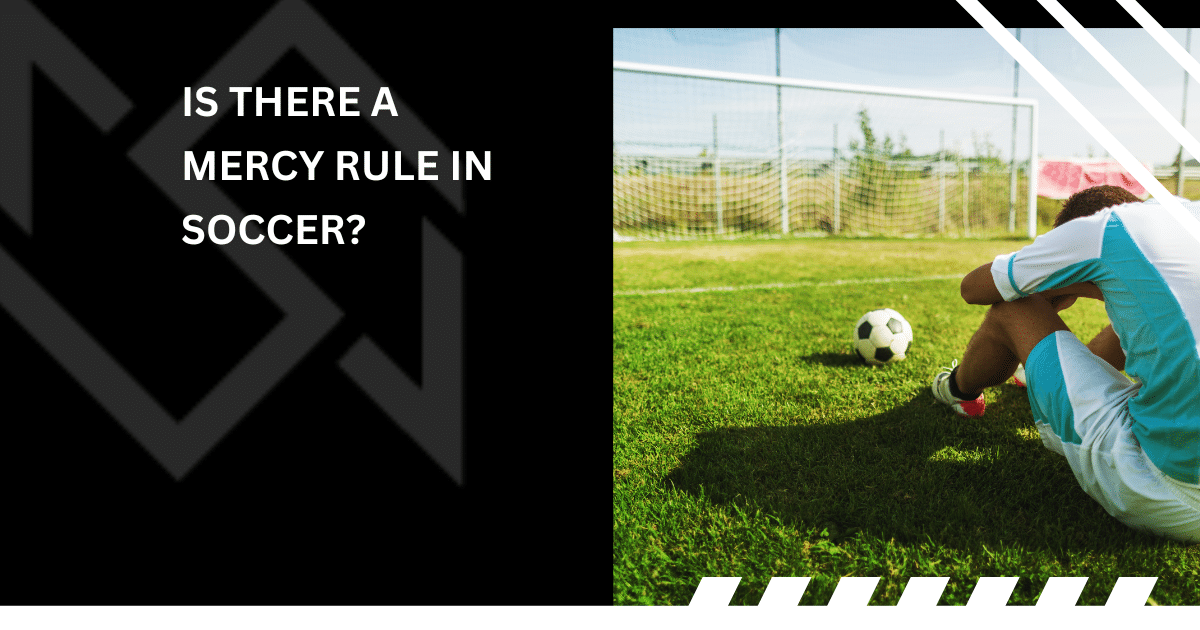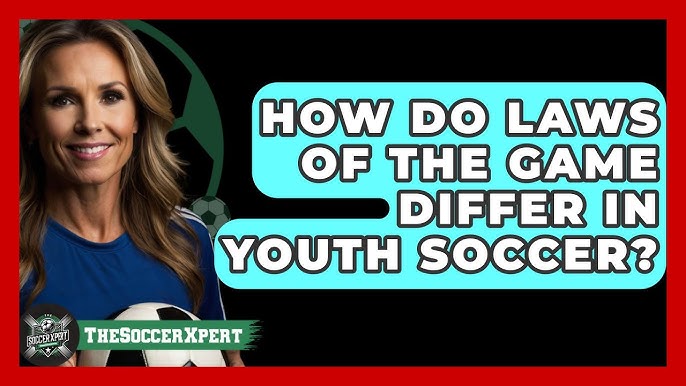So, the other day I was watching my kid’s soccer match, and man, it was a blowout. I mean, one team was just running circles around the other. It got me thinking, you know, about whether soccer actually has a mercy rule. I’ve seen it in other sports, like baseball, where they just call the game if it’s too lopsided. But soccer? I wasn’t so sure.
My Initial Thoughts and Confusion
Honestly, my first instinct was that professional soccer probably doesn’t have one. It just feels like the kind of sport where they play it out, no matter what. Plus, goal difference can be super important in league standings or tournament tie-breakers. But for kids’ games, or even amateur stuff, it felt like there should be something. Watching those little ones get absolutely thrashed wasn’t fun for anyone, not even the winning team’s parents after a certain point, I reckon.
So, I decided to do a bit of digging. It wasn’t like I was conducting some major academic research, you know? Just curious. I started by asking a few friends who follow soccer pretty religiously. Some said “no way,” others were a bit vague, mentioning they’d heard of it in youth leagues but not for the pros.

What I Found Out About Professional Soccer
Then I spent some time online, sifting through forums and articles. And yeah, for professional soccer, the general consensus is a big, fat NO. There’s no official, widespread mercy rule like you see in Little League Baseball. They play the full 90 minutes (plus stoppage time, of course).
The reasons seem to be:
- Goal Difference: Like I thought, it often matters a lot for rankings.
- Professionalism: The expectation is that teams play their best for the entire match, out of respect for the game and the fans.
- Entertainment: Sometimes, crazy comebacks happen. And well, sometimes, a dominant performance is just that.
I remember reading about some insane scores in history, like 149-0 in a Madagascan league game, though that was a protest, a whole different story. But generally, even if it’s 7-0, they keep playing.
What About Youth and Amateur Leagues?
Now, this is where it gets interesting. For youth soccer and many amateur leagues, it’s a completely different ball game, pardon the pun. I found out that mercy rules are actually quite common here. It makes sense, right? The focus is more on development, fun, and sportsmanship rather than just winning at all costs.
The rules vary a lot though. I came across different approaches:
- Some leagues have a straightforward score cap. If one team is ahead by, say, 7 or 8 goals by halftime or a certain point in the second half, the game might be officially ended, or the score frozen for record-keeping.
- Other places use “developmental” rules. For example, if a team goes up by a certain number of goals, the trailing team might be allowed to add an extra player to the field. I actually saw this happen once at a local U10 tournament, and it did seem to help even things out a bit.
- Sometimes, it’s less formal, more up to the coaches to manage the game if it gets out of hand, like subtly instructing their players to focus on possession rather than just banging in more goals. Though, as I saw in that game with my nephew, not all coaches are that considerate.
The main idea behind these rules in younger age groups is to prevent complete humiliation and keep the kids from getting too discouraged. It’s about fostering a love for the game, not crushing spirits before they’ve even had a chance to grow.
My Takeaway
So, after all that, my understanding is pretty clear now. If you’re watching a World Cup match or a top professional league game, don’t expect the ref to blow the whistle early just because one team is demolishing the other. They’ll play it out. But if you’re at a local park watching kids play, there’s a good chance some form of mercy rule is in place, or at least an understanding to keep things from getting too ugly.

It kind of highlights the different philosophies at different levels of the sport. At the top, it’s high stakes, every goal counts. At the grassroots, it’s about learning, enjoyment, and not making a seven-year-old want to quit soccer forever after a 15-0 drubbing. And honestly, that makes a lot of sense to me.


